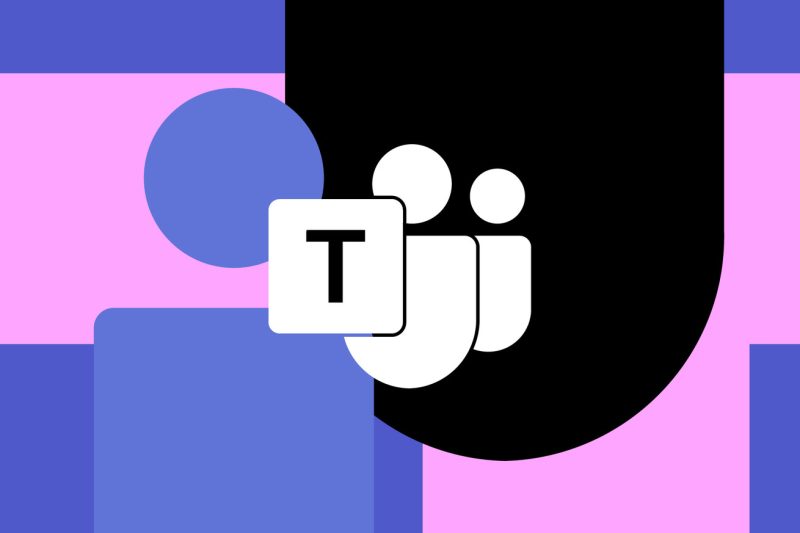Microsoft Accused of EU Antitrust Violations for Bundling Teams Application with Windows
The recent allegations against tech giant Microsoft by the European Union of antitrust violations have sparked controversy and heated debates within the tech industry. The EU has accused Microsoft of unfairly bundling its Teams application with the Windows operating system, thereby gaining an unfair advantage over its competitors in the market.
The European Commission, which acts as the antitrust regulatory body for the EU, alleges that Microsoft’s practice of pre-installing the Teams application on Windows devices has stifled competition and hindered consumer choice. By bundling Teams with Windows, the EU argues that Microsoft has made it difficult for users to opt for alternative collaboration software, leading to an alleged abuse of its dominant market position.
Microsoft has firmly denied the allegations, stating that the integration of Teams with Windows was done to provide users with a seamless and efficient experience. The tech giant argues that Teams offers an array of features that enhance productivity and communication, and its inclusion in Windows is aimed at delivering value to consumers.
However, critics of Microsoft’s actions point out that by pre-installing Teams on Windows devices, the tech giant is unfairly leveraging its dominant position in the operating system market to promote its own applications. This, they argue, can stifle innovation and limit choice for consumers who may prefer competing collaboration tools.
The outcome of this antitrust case against Microsoft could have significant implications for the tech industry as a whole. If the European Commission finds Microsoft guilty of antitrust violations, it could lead to hefty fines for the tech giant and possible restrictions on its business practices.
Furthermore, the case could set a precedent for how tech companies are allowed to bundle their applications with operating systems in the future. Regulators around the world are closely monitoring this case, as it could shape the future of competition in the tech industry and influence the practices of other tech giants.
In response to the allegations, Microsoft has stressed its commitment to compliance with antitrust laws and regulations. The tech giant has stated that it will cooperate fully with the European Commission and is prepared to address any concerns raised during the investigation.
As the case unfolds, it is clear that the relationship between tech companies and antitrust regulators is becoming increasingly complex. The outcome of the Microsoft case will not only affect the future of how applications are bundled with operating systems but also highlight the ongoing challenges in balancing innovation, competition, and consumer interests in the rapidly evolving tech landscape.


























